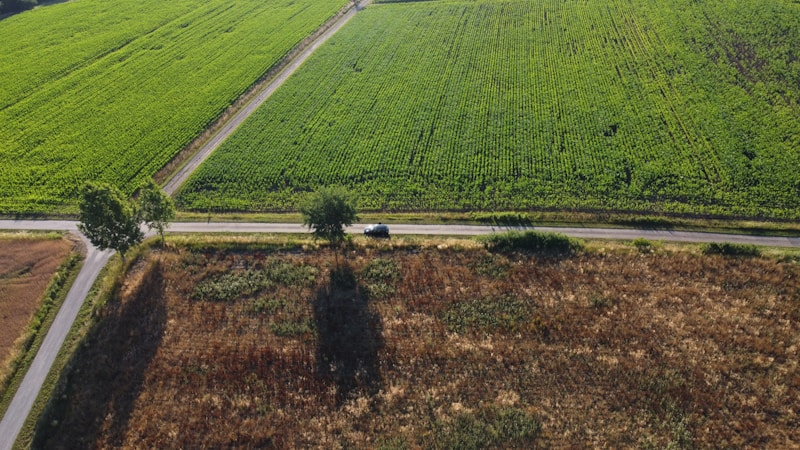Questions and Answers
What is the primary focus of Earth Science?
Earth's structure, composition, and development
Which field of study would be most concerned with deforestation and desertification?
Environmental issues
What is the main emphasis of Ecosystems?
Interactions between organisms and their environment
Which area of study focuses on the importance of natural resources like water, soil, and fossil fuels?
Signup and view all the answers
What skill development is emphasized in Critical thinking and problem-solving?
Signup and view all the answers
What is the study of the relationship between forces, motion, and Newton's laws of motion known as?
Signup and view all the answers
Which of the following best describes the concept of energy?
Signup and view all the answers
What is the key focus of studying cells in life science?
Signup and view all the answers
Which field of science involves the study of matter, its properties, composition, and changes?
Signup and view all the answers
What topic in physical science focuses on how matter can be transformed through reactions and the role of reactants and products?
Signup and view all the answers
Study Notes
Expanding Your Class 8 Horizons with General Knowledge: Science
Science is all around us, shaping our understanding of the universe and everyday life. As you enter Class 8, you'll have the opportunity to dive deeper into this captivating subject. In this article, we'll explore some key concepts across different science fields that will help you build a strong foundation of knowledge.
Physical Science
- Matter: Understand the properties of matter, including its composition, state, and changes (e.g., phase transitions).
- Atoms and Elements: Learn about atoms, their components, and how they combine to form chemical elements.
- Chemical Reactions: Discover how matter can be transformed through chemical reactions and the role of reactants and products.
- Forces and Motion: Investigate the relationship between forces, motion, and Newton's laws of motion, as well as friction and gravity.
- Energy: Explore the concept of energy, including various forms and the relationship between kinetic and potential energy.
Life Science
- Cells: Study the structure and function of cells, including their components, functions, and the difference between plant and animal cells.
- Organisms: Understand the characteristics of living and non-living things, and the various types of organisms (e.g., plants, animals, fungi).
- Classification: Learn how organisms are classified using the scientific classification system based on their characteristics.
- Human body: Examine the structure and function of the human body, including its systems and organs.
- Ecosystems: Investigate the interactions between organisms and their environment, and the importance of ecosystems in maintaining biodiversity.
Earth Science
- Geology: Learn about the Earth's structure, composition, and its development over time through plate tectonics, erosion, and deposition.
- Weather and Climate: Discover the factors that influence weather and climate, and the impacts of climate change on our planet.
- Natural Resources: Understand the importance of natural resources, including water, soil, and fossil fuels, and their impact on human societies.
- Environmental issues: Examine the reasons behind environmental issues such as pollution, deforestation, and desertification, and ways to address them.
Science and Technology
- Invention and Innovation: Learn about the history of scientific discovery, inventions, and technological advancements.
- Critical thinking and problem-solving: Develop skills in critical thinking and problem-solving, and understand the importance of these skills in scientific investigation.
- Scientific method: Understand the scientific method, and the importance of experimentation and evidence-based learning.
With a strong foundation in science, you'll be well equipped to tackle more advanced topics in high school and beyond. Remember to keep a curious mind and enjoy the exciting journey of discovery that lies ahead!
Studying That Suits You
Use AI to generate personalized quizzes and flashcards to suit your learning preferences.
Description
Explore fundamental concepts in physical science, life science, earth science, and the intersection of science and technology in Class 8. Enhance your understanding of matter, cells, geology, ecosystems, invention, critical thinking, and more to lay a strong foundation for future scientific exploration.




